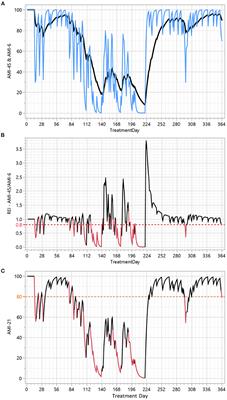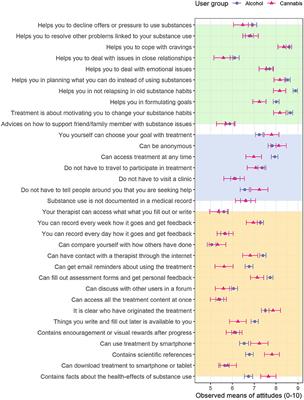EDITORIAL
Published on 01 Feb 2022
Editorial: Self-directed Prevention and Recovery: E-health Interventions in Addiction Science
doi 10.3389/fpsyt.2021.844859
- 1,025 views
11k
Total downloads
40k
Total views and downloads
EDITORIAL
Published on 01 Feb 2022
ORIGINAL RESEARCH
Published on 07 Dec 2021

BRIEF RESEARCH REPORT
Published on 27 Sep 2021

ORIGINAL RESEARCH
Published on 09 Jul 2021

REVIEW
Published on 05 May 2021

REVIEW
Published on 22 Mar 2021

SYSTEMATIC REVIEW
Published on 22 Feb 2021

BRIEF RESEARCH REPORT
Published on 11 Feb 2021

